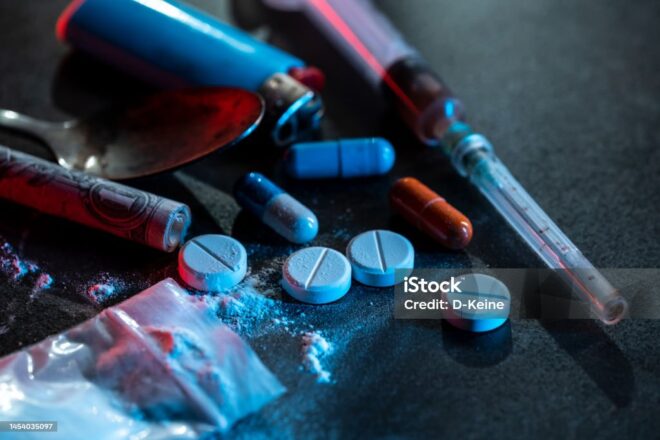
The number of teenagers that take drugs is 10.9% of 8th graders, 19.8 % of 10th graders, and 31.2% of 12 graders. From 2020 to 2021, there has been a dramatic decrease. There have been 107,941 deaths from a drug overdose in 202,2, and 17,838 died from a drug overdose in 2024.
When teenagers take drugs, they can become depressed, have memory problems, etc. Teenagers will take drugs to feel more awake, alert, and energetic. Teenagers also take drugs to feel better and escape all of the issues they have. They could also die. According to Mr Rios, “When teenagers continue to take drugs they end up homeless, selling drugs to teenagers and even younger people, sleeping outside of party places, and also they end up dying” because of the drugs.
When teens get caught with drugs at school they will end up suspending or more because according to Ms. Jaffer they will be suspended but if they get caught multiple times they will end up expelled”. The most type of drug that teachers must see teens using is vape, that is what they see the most. Also ms.Jaffer said “ when teenagers take drugs they don’t know how to deal with life.” Also Mr.rios said “ticket jail time, a fine and shame on the family.
Where most teenagers vape or take drugs is in the bathroom when they are at school because, according to Idriss, “ you will find them in the bathroom vaping or taking drugs”. Mr.Rios said that “most teenagers get caught in the bathroom”. The most common drugs that teenagers take these days are vape and marawan because these are the easiest to get. According to Mr. Rios, “ teenagers can get a vape from anywhere, and they could get Marrawan from anywhere”.
Teenage drug use can have serious consequences on physical health, mental well-being, relationships, and future opportunities. Teenagers need to make informed decisions and seek help if they or someone they know is struggling with drug use. Prevention, education, and open communication play vital roles in addressing this issue and supporting teenagers in making healthy choices for their future. roles in addressing this issue and supporting teenagers in making healthy choices for their future.
